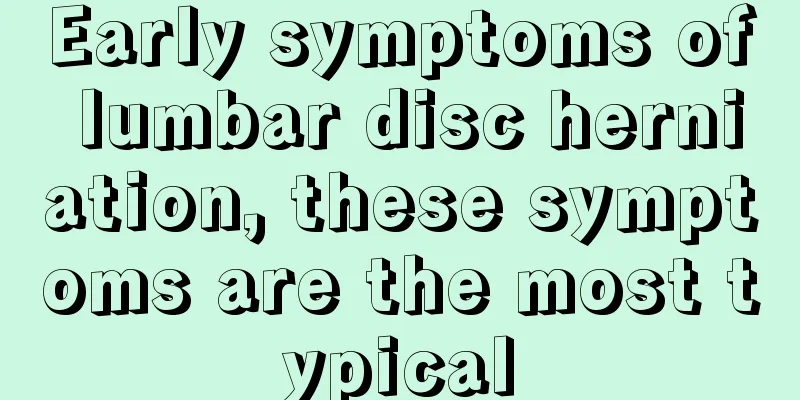Can gallstones be cured without surgery?

|
Gallstones can be cured without surgery under certain conditions, depending on the size and location of the stones and the severity of your symptoms. Treatments include medications, dietary modifications, and lifestyle changes. 1. Drug treatment Drug treatment for gallstones is mainly suitable for cholesterol stones with a small diameter. Commonly used drugs include: Ursodeoxycholic acid: can dissolve cholesterol stones and needs to be taken long-term, usually for several months or even years. Chenodeoxycholic acid: Similar to ursodeoxycholic acid, but has more side effects and is less commonly used. Nonsteroidal anti-inflammatory drugs: used to relieve biliary colic, such as ibuprofen or diclofenac. 2. Diet adjustment Diet has an important influence on the formation and prevention of gallstones. The following measures are recommended: Reduce the intake of high-fat foods: such as fried foods, fatty meat, etc., to avoid stimulating gallbladder contraction. Increasing dietary fiber, such as whole grains, vegetables and fruits, can help lower cholesterol levels. Control your weight: Avoid rapid weight loss, as sudden weight loss may increase your risk of gallstones. 3. Lifestyle changes A healthy lifestyle can help prevent and relieve gallstone symptoms: Regular exercise: aerobic exercise such as walking and swimming promotes bile excretion. Stay hydrated: Drinking enough water every day helps dilute the bile. Avoid long periods of fasting: Eat regularly to avoid cholestasis. 4. Monitoring and medical treatment For asymptomatic gallstones, regular monitoring is recommended and no immediate treatment is required. If the following conditions occur, you should seek medical attention immediately: Persistent right upper quadrant pain. Symptoms of infection or bile duct obstruction such as fever and jaundice. If the stones are large in diameter or numerous in number, drug treatment is ineffective. Non-surgical treatments for gallstones are appropriate in certain situations, but not for all patients. Medication, dietary adjustments, and lifestyle changes can help relieve symptoms or dissolve stones, but they must be done under the guidance of a doctor. If symptoms worsen or complications occur, surgery is still a necessary option. Regular checkups and health management are key to preventing recurrence of gallstones. |
<<: What is the cause of hamartoma
>>: Gallbladder cancer has spread to the liver for 4 months
Recommend
What is the incision-down surgery for thyroid cancer
Thyroid cancer surgery is performed with the inci...
What are the main factors that are easily overlooked in colorectal cancer?
What are the main factors that are easily overloo...
What are the causes of lung cancer
What are the causes of lung cancer? The exact cau...
What can spare ribs be stewed with
Pork rib soup is not only delicious but also can ...
There is a little blood every time I have sex
If there is a little blood every time you have se...
How does lung cancer spread and metastasize? There are three ways
If lung cancer is not well controlled in the earl...
How to wash your hair with baking soda
Baking soda is actually the alkaline flour we oft...
How to treat patients with advanced liver cancer? What are the treatments for liver cancer ascites?
How to treat patients with advanced liver cancer ...
The role of good habits
Everyone will choose eating habits, living habits...
What should I do if my hands are burned by spicy food?
There are many types of peppers, and many red pep...
What are the effects of green grass oil
Whenever the seasons change, if people don't ...
Can the cervical vertebra cause headaches
Cervical spondylosis is becoming more and more co...
Do you have any symptoms of heart qi deficiency?
The heart is a very important organ in the human ...
Dietary taboos for non-small cell lung cancer
What should you pay attention to in your diet for...
What are the methods of using egg mask to remove blackheads
Some people have blackheads due to various reason...









